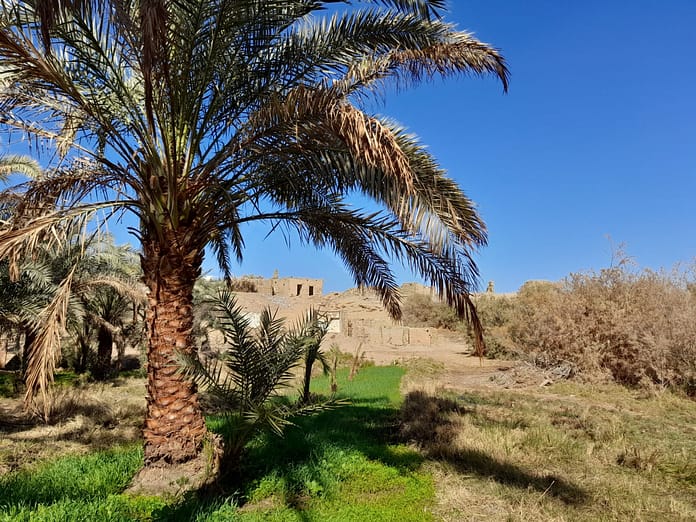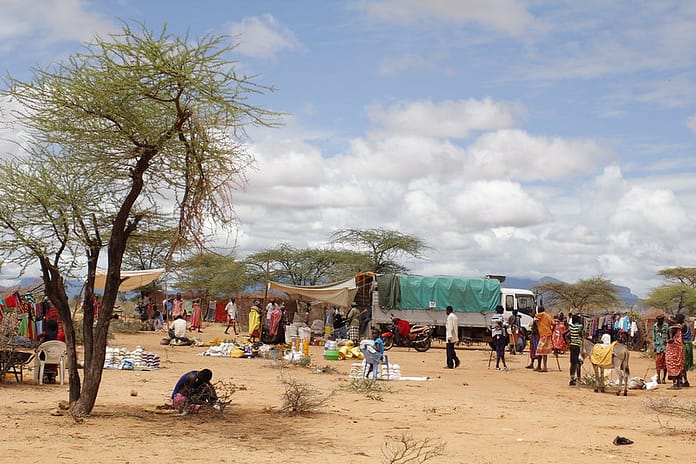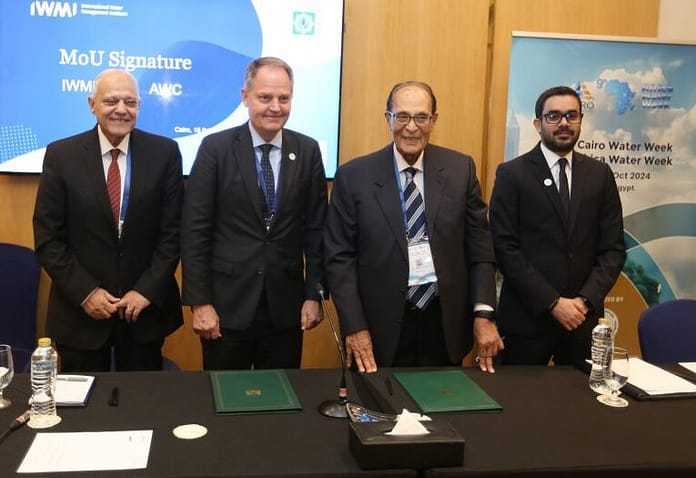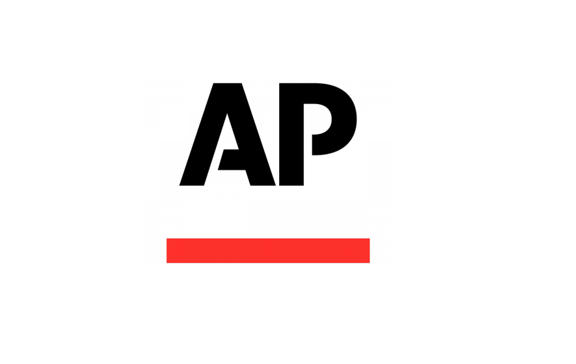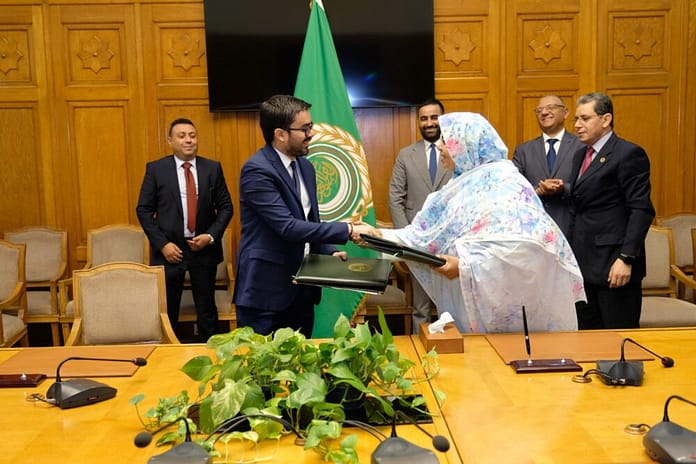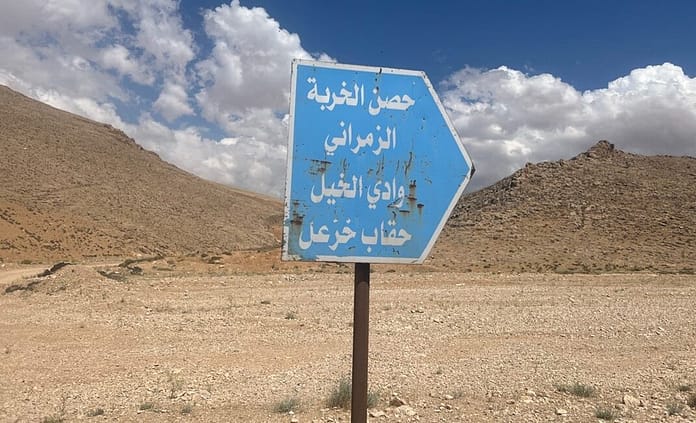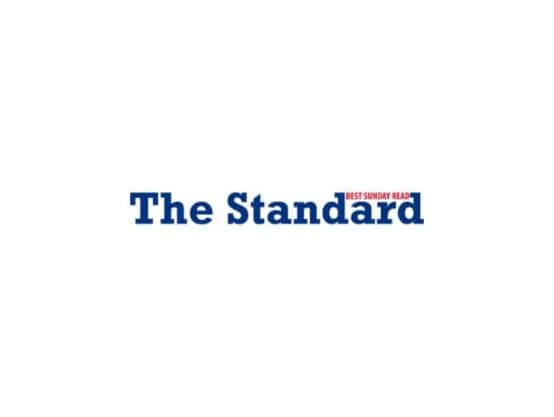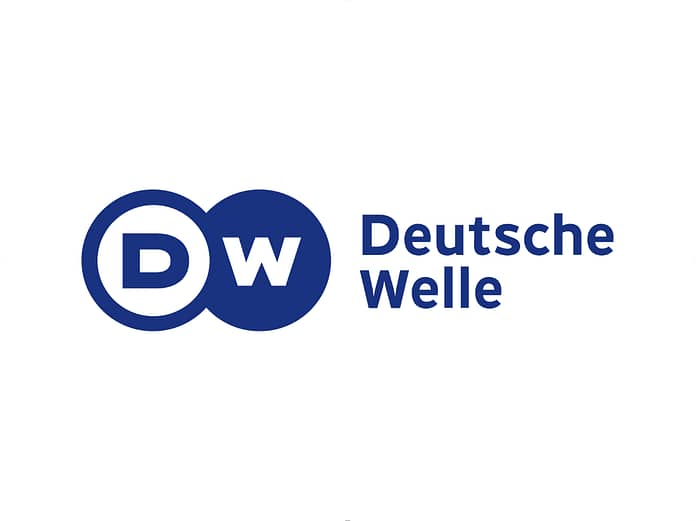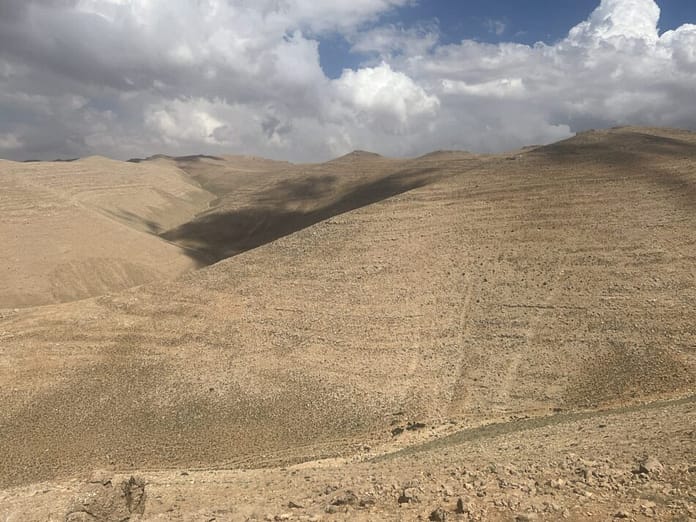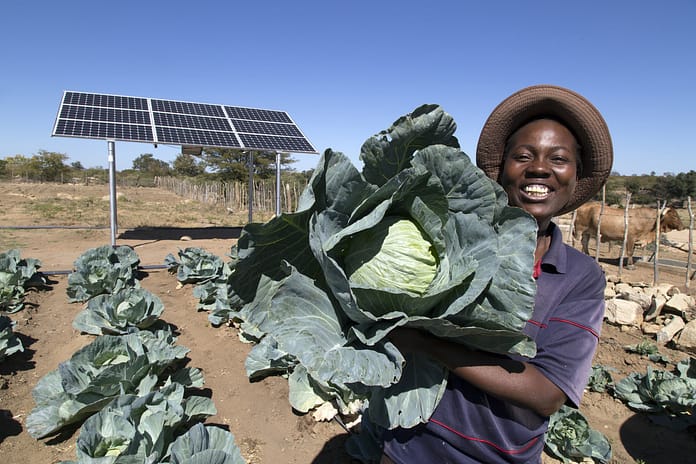With only two percent of the world’s renewable water resources, the Middle East and North Africa (MENA) is one of the driest regions in the world and home to 12 of the world’s most water-scarce countries. Increasing temperatures and evapotranspiration rates, in addition to decreases in precipitation across the region, are making water resources even more scarce and exacerbating challenges to water and food security. Droughts are becoming more frequent and severe, spreading over larger areas, and jeopardizing the livelihoods of millions of people.

As part of its MENAdrought project, the International Water Management Institute (IWMI) is working with the governments of Jordan, Lebanon and Morocco to develop drought action plans (DAPs) as part of its broader efforts to support them to prepare for, mitigate, and respond to the worst impacts of drought. The DAPs identify actions to reduce drought risk, and their development included a process to identify and analyze the root causes of specific drought impacts.
“The project works to help government agencies consider, from their point of view, what drought impacts are most important for them to address first,” said Guy Jobbins, a water policy consultant working with IWMI. “The DAPs then outline how to respond to drought with the available resources, policy context and constraints they face.”
The DAPs in each country incorporate information from a drought early warning system that, among other outputs, produces an enhanced Composite Drought Index (eCDI). This integrates satellite and model data and provides policy-relevant classifications of drought conditions. The DAPs also include recommended response actions to implement when drought occurs. These response actions are ‘triggered’ by levels of drought conditions, which are derived from the eCDI and potentially other sources of information. and potentially other sources of information.
The MENAdrought team worked with officials in the three countries to assess the root causes of those priority problems and evaluate the viability, costs and benefits of various options to address them. DAPs provide a framework for actions to be taken in times when there is no drought to prepare for and mitigate future droughts.
“The MENAdrought project has now completed draft DAPs for Jordan, Morocco and Lebanon so that they can be reviewed and formally approved,” said Guy. “However, many aspects of the DAPs are already being implemented in these countries.”
Drought is now becoming an important part of national and regional development planning in many regions. “Developing the DAPs is vital because proactive drought risk management is more effective and less expensive than crisis-led responses,” said Rachael McDonnell, IWMI’s Deputy Director General – Research for Development. “IWMI’s experience in developing DAPs in MENA can now point the way to improved drought risk management planning for other parts of the world struggling with water scarcity.”
Launched in 2018, MENAdrought empowers the governments of Jordan, Lebanon and Morocco with the tools to anticipate, prepare for, and mitigate the worst impacts of drought. The project is helping build self-reliance so the three countries can effectively manage the impacts that droughts have on water and food security, and in turn limit the social and economic damage resulting from drought.
Led by IWMI with USAID support, MENAdrought pools the resources and expertise of global leaders in the field of drought monitoring, forecasting and management. The project uses an approach based on three pillars to improve drought risk management. The pillars are: developing drought monitoring and early warning systems; conducting impact and vulnerability assessments; and elevating the importance of drought mitigation, response and preparedness. Factsheets and technical briefs about the project are now available on the MENAdrought website.
Drought risk management will be a key topic at the upcoming World Water Week conference in Stockholm. IWMI’s Rachael McDonnell will be a panelist of the session on Co-implementing Integrated Drought Management: the next decade on Wednesday, 31 August 2022.
Next month, IWMI will be hosting a webinar miniseries showcasing experiences from four years of work through the MENAdrought project. Register now to attend the two upcoming sessions: Drought monitoring and early warning systems on Monday, 12 September 2022 and Embedding drought risk management in policy on Wednesday, 14 September 2022.



